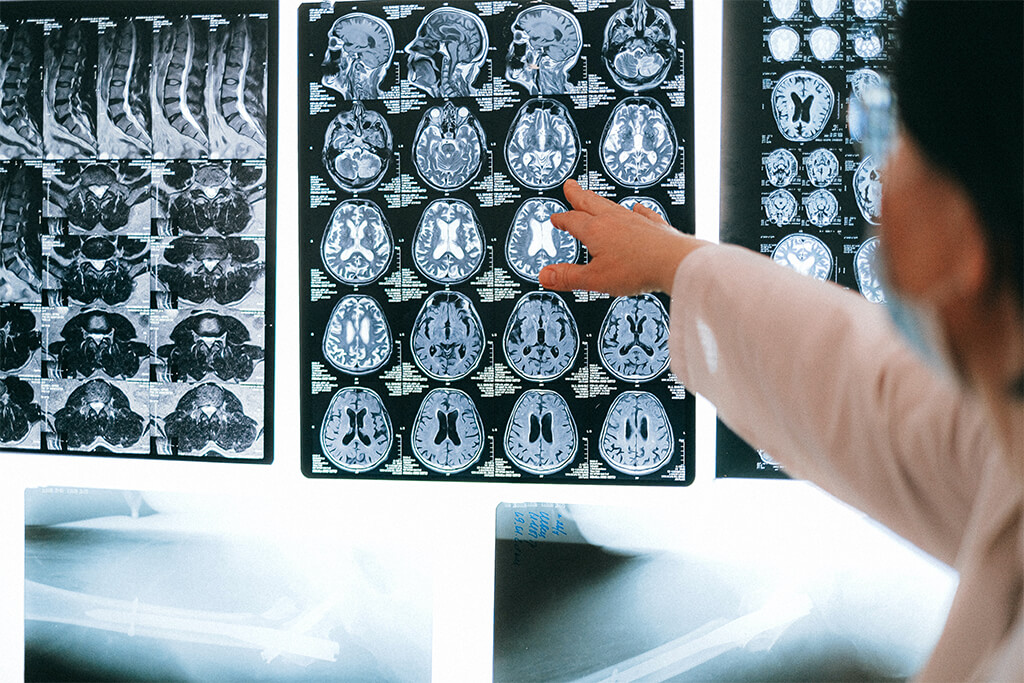Normally when we talk about hydrocephalus, we think of the accumulation of fluid within the deep cavities of the brain, exerting pressure, and we imagine a baby born with this condition.
For this reason, few people know or can be related of another type of chronic hydrocephalus that usually appears in older adults and that can also damage the brain.
It is normal pressure hydrocephalus, and it affects men and women who are between 60 and 70 years of age or older.
What are the symptoms?
In this case, it is important to understand that hydrocephalus develops when cerebrospinal fluid cannot flow through the ventricular system, or when absorption into the bloodstream is not the same as the amount of cerebrospinal fluid that is produced; absorption is, so to speak, insufficient.
However, one of the problems that this pathology presents to establish a correct diagnosis is that its symptoms are common in other diseases typical of this population.
Another difficulty is that, in most cases, not all symptoms appear at the same time.
Some of those symptoms are:
- Cognitive impairment with memory loss, inattention and apathy.
- Mild dementia such as forgetfulness, short-term memory loss, and drastic changes in your mood or mood.
- Urinary incontinence and serious bladder control problems. You have a continual need to urinate and / or cannot hold your urine.
- Gait disorders: the person takes short steps, such as shuffling, with heaviness or difficulty climbing stairs.
What are the causes?
Although understanding where normal pressure hydrocephalus originated is not easy, it is common for it to appear due to:
- Cases of cerebral hemorrhage.
- Severe head injuries (from falls or blows, for example).
- Infectious diseases such as meningitis.
- Having undergone cranial surgery.
Despite the fact this condition is incurable, the treatment of normal pressure hydrocephalus is surgical and consists of the placement of a draingin tube through which excess cerebrospinal fluid is withdrawn from the cerebral ventricles.
This intervention is performed with implanted silicone devices, and redirects excess fluid to another area of the body, allowing the ventricles that were enlarged in the brain to return to their normal size.
This serves to reduce the symptoms that affect the quality of life of the elderly, thus avoiding stronger and irreversible brain damage.
If you suspect that you or an older adult in your family suffers from this condition, contact me. I am an expert in treating injuries, brain tumors and skull base pathology, and I would be pleased to help you.


